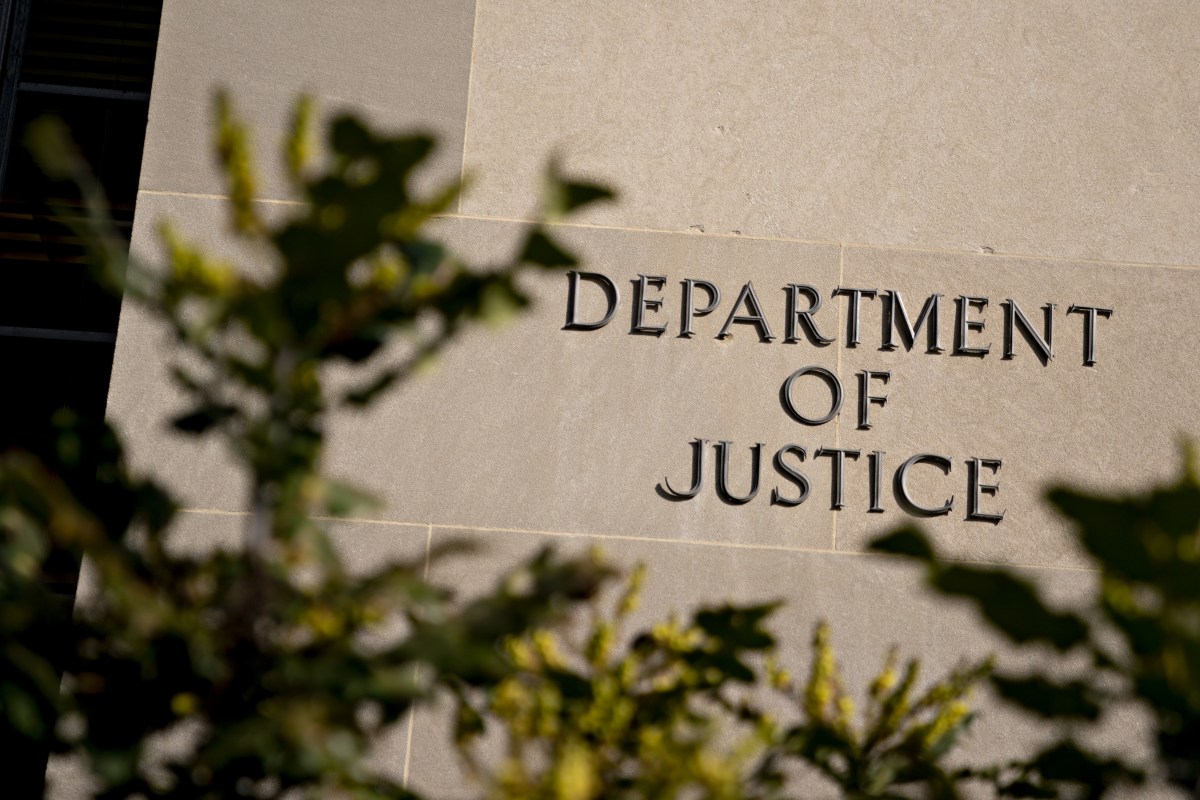Lorenzo Franceschi-Bicchierai / TechCrunch:
The DOJ says ex-Army soldier Cameron John Wagenius pleaded guilty to hacking over 10 telcos and to extortion; in February, he admitted hacking AT&T and Verizon — Former U.S. Army soldier Cameron John Wagenius plea…
Why it matters
- The case highlights vulnerabilities in the cybersecurity defenses of major telecommunications companies.
- This incident raises concerns about the extent of cybercrime and the potential risks to consumer data.
- The guilty plea underscores a growing trend of former military personnel engaging in cybercrimes, leveraging their skills for illicit purposes.
In a significant development in the realm of cybersecurity and law enforcement, former U.S. Army soldier Cameron John Wagenius has pleaded guilty to hacking into more than ten telecommunications companies, including major players like AT&T and Verizon. The U.S. Department of Justice (DOJ) announced the plea, which comes as part of a larger investigation into cybercrime activities that have raised alarms about the safety and security of personal information held by telecom providers.
Wagenius, who was once part of the military, admitted in court to engaging in unauthorized access to telecommunication networks with the intent to extort money from these companies. The details of his hacking methods reveal a troubling trend in which individuals with technical expertise exploit their skills for criminal activities, particularly in the lucrative field of telecommunications.
The plea was entered as part of an agreement with federal prosecutors, allowing Wagenius to avoid a potentially lengthy trial. The implications of his actions extend far beyond his personal consequences, as they underscore the vulnerabilities that exist within the cybersecurity frameworks of some of the country's largest service providers.
According to the DOJ, Wagenius's hacking spree began in 2022, during which he allegedly infiltrated the systems of multiple telecom companies, gaining access to sensitive data and customer information. This breach not only compromises the security of the companies involved but also puts millions of consumers at risk, raising questions about how well these corporations protect their networks against such intrusions.
The case also sheds light on the growing trend of cybercriminals exploiting their military training for illegal activities. With a background in the armed forces, Wagenius possessed a level of technical know-how that enabled him to navigate complex systems and execute his hacks effectively. This incident serves as a reminder of the dual-use nature of military training, where skills intended for national defense can also be misappropriated for personal gain.
As the investigation unfolds, the DOJ's actions signal a commitment to addressing cybercrime aggressively. They are not only focused on prosecuting individual offenders but also on enhancing overall cybersecurity measures to prevent similar incidents in the future. Cybersecurity experts have long warned of the increasing sophistication of cybercriminals, suggesting that organizations need to bolster their defenses to fend off potential breaches.
Wagenius's activities reportedly involved a range of tactics, including social engineering and exploiting system vulnerabilities. These techniques allowed him to extract data and, at times, demand ransom payments from the affected companies. The extent of his hacking operations illustrates a significant threat landscape for the telecommunications sector, which is critical for both consumer communication and the broader economy.
The telecommunications industry has been under scrutiny for its cybersecurity practices, especially as incidents of hacking and data breaches have surged in recent years. The ramifications of such breaches can be severe, leading to financial losses, reputational damage, and a loss of consumer trust. It is crucial for telecom companies to not only respond to incidents like those perpetrated by Wagenius but also proactively enhance their security infrastructure to mitigate future risks.
As this case progresses, it will be essential for stakeholders, including lawmakers, industry leaders, and cybersecurity professionals, to collaborate on developing more robust frameworks that address the challenges posed by cybercrime. The outcome of Wagenius's case could set a precedent for how similar cases are handled in the future, influencing both legal approaches and corporate strategies in safeguarding sensitive information.
In a world where digital connectivity is paramount, the importance of strong cybersecurity practices cannot be overstated. The case of Cameron John Wagenius serves as a wake-up call, reminding us all of the perils that lie in the intersection of technology and criminal intent.











